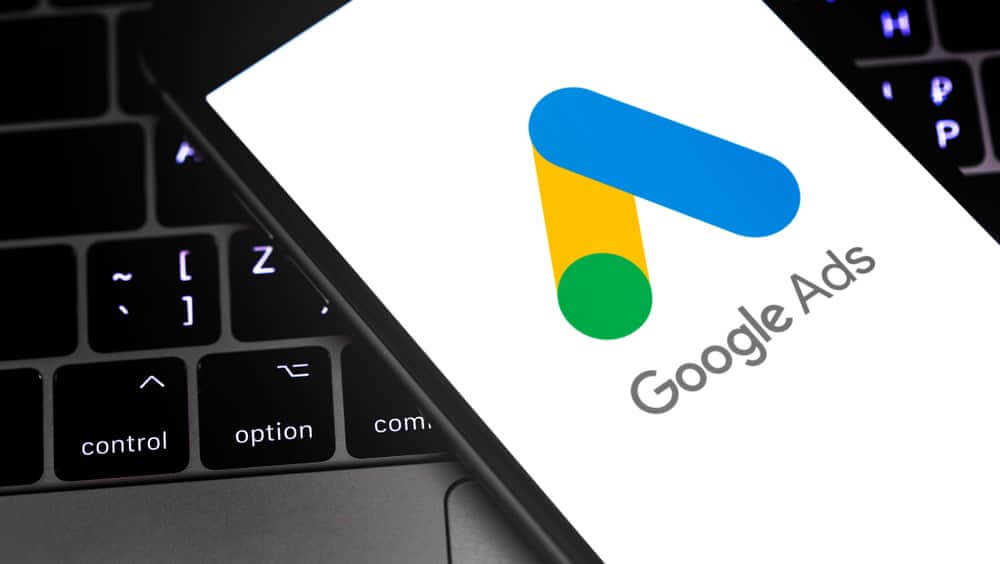
Google wants to please advertisers while improving user privacy
On Thursday, at Google’s annual marketing event, it displays how advertisers will continue to reach consumers as the company plans to reduce support for tracking cookies. Advertisers have used cookies for a couple of years to track users in sites to target ads and measure their effectiveness.
Google’s Marketing Livestream gives agencies, advertisers, and other partners a sense of the roadmap for this year and also seeks feedback. VP and general manager of Ads, Jerry Dischler, told CNBC that Google would discuss privacy, automation, and measurement at the event.
Tech giants try to make changes in the name of privacy while regulators are taking a closer look at user privacy. Consumers are becoming more concerned about the use of their data. In 2020, Google announced its intention to end in two years supporting third-party cookies on the Chrome browser.
However, advertising still is Google’s core business, and the company needs to keep its advertisers happy. For over a decade, in online advertising, the company has been the market leader. In 2021, it is expected to command nearly a 28% share of digital ad spending worldwide. According to eMarketer, in 2020, Alphabet, its parent company, generated almost $184 billion in revenue. Besides that, according to the company’s 2020 annual report, $148 billion, which is over 80%, came from Google’s ads business.
Privacy
At Thursday’s event, the company’s focus is its work with technologies. Therefore, it considers concentrating on privacy techniques while support advertising purposes.
Dischler said that it is obvious that consumer expectations changed about privacy. And they also see signs that regulators and governments think about privacy differently. He added that they want to build a privacy-preserving future that allows critical advertising use cases to work.
One of these options would put people in groups based on similar browsing behaviors. It means that no individual user IDs but only cohort IDs can be used to target them.
Google believes FLoC will improve user privacy while supporting relevant advertising. A spokeswoman said that the company had to think about the diverse range of product users.
Dischler said that right now, what they hear from a couple of publishers is that they are skeptical. They say they have these alternatives. He added that their position is that with these solutions, they build for the long-term future.
Google also argued that users’ browsing history doesn’t leave their devices or browser in FLoC. It also excludes cohorts if they reveal sensitive information.


